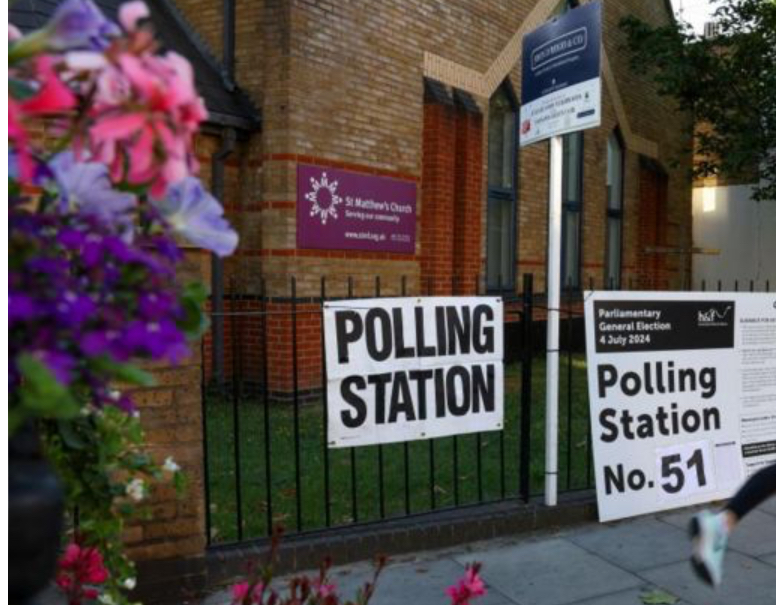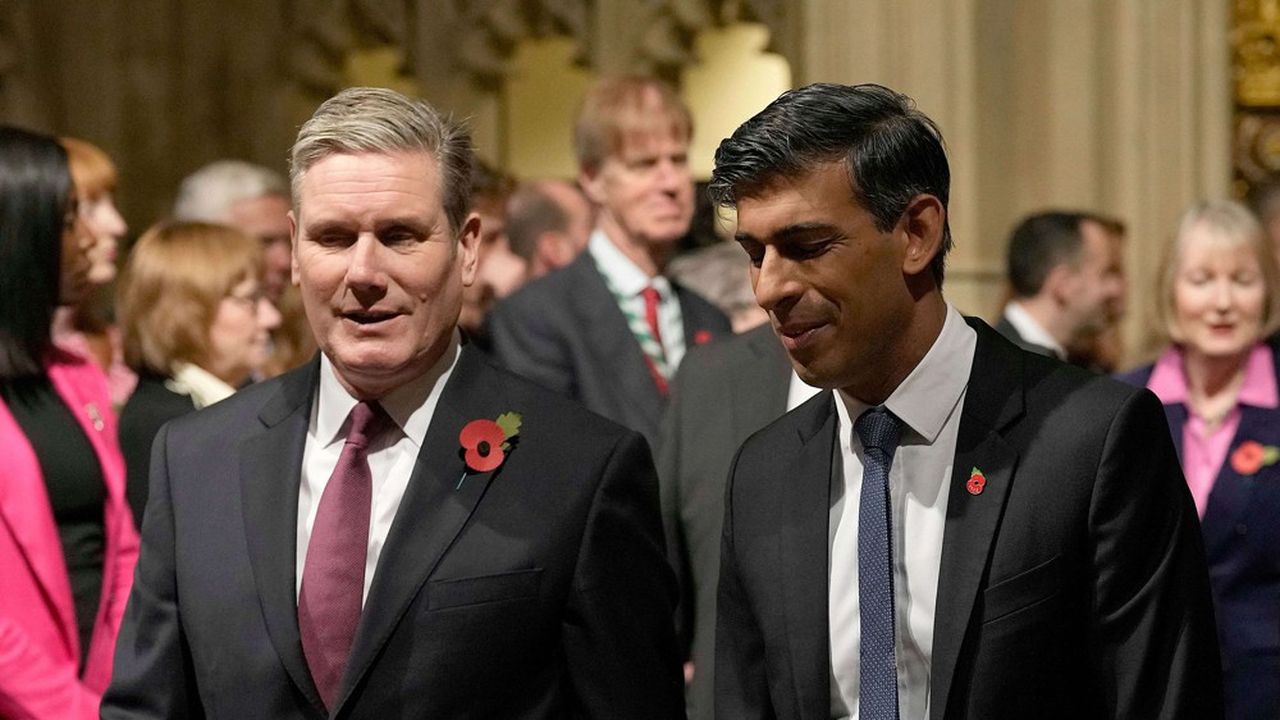Where does Theresa May sit after her resignation ?

It is, of course, too early to make a balanced judgement about Theresa May’s legacy. That can really only happen once Brexit is resolved. But we already have some sense of where she will sit in the hall of fame dedicated to bad prime ministers.
Some ground rules for this discussion, first. It seems reasonable to exclude the 19th-century prime ministers, for a start. Some of them were truly awful, but they were not operating in anything that looks like a modern political system. However, even if we confine ourselves to the period since 1918, when something resembling a modern franchise was introduced, it’s a competitive league for the title of worst prime minister.
Everyone has their view on who the worst prime minister is, but here are mine. I argue there are at least four candidates to consider before we look at May. The first would be Ramsay MacDonald. After heading two minority Labour governments in 1924 and 1929-31, he then became prime minister in the national government from 1931 to 1935. But as his health declined, effective power gradually flowed to his Conservative colleague and, subsequently his successor, Stanley Baldwin. It was 1945 before Labour was in office again.
For Labour supporters, MacDonald was synonymous with the word “betrayal”. They felt he had sold out to financial interests, and the blandishments of King George V, and introduced a programme of austerity that deepened the recession of the 1930s. He seemed unable to grapple with the scope and depth of the problems he faced.
Neville Chamberlain (1937-40) has his defenders. Like many men of his generation, he was understandably scarred by the experience of World War I and genuinely wanted peace. His advocates argue that by giving in to Hitler’s demands and postponing war as long as possible, he gave the country more time to prepare and rearm.
The counter argument is that each capitulation simply encouraged Hitler to ask for more. It was remarked that Chamberlain had never met anyone like Hitler in Birmingham, where he came from. His experience was in municipal and domestic politics and his grasp of the imperatives of foreign policy in the late 1930s was limited, although that didn’t stop him intervening. When he came back from the Munich talks with Hitler, he was a national hero, in tune with the pacifist mood of the country. However, opinion quickly changed and he was castigated as one of the “guilty men” of appeasement.
Anthony Eden (1955-57) also has his defenders, but the case is harder to make. He involved Britain in an invasion of Egypt to restore British control of the Suez Canal which ended in fiasco when American pressure led the UK to withdraw. Eden viewed the Egyptian leader Colonel Gamal Abdel Nasser in rather simplistic terms as another Mussolini, whom he had dealt with as foreign secretary in the 1930s. Rather than reasserting British influence in the Middle East, Suez ended the belief that Britain was an independent great power. Eden did not reveal to the House of Commons that Britain had colluded with France to encourage Israel to invade the Sinai Peninsula to give the UK a pretext for intervention.
Alec Douglas-Home (1963-64) was a surprise choice as prime minister who emerged because alternative candidates self-destructed. He had to give up his seat in the House of Lords to become prime minister. He had little understanding of economics which he said he used to work out with matchsticks. He was, however, only narrowly defeated by the modernising Harold Wilson in the 1964 general election.
Edward Heath (1970-74) hardly covered himself in glory, ending his period in office among industrial chaos. The answer the electorate gave to his question he posed in the February 1974 general election “Who governs?” was “Not you”. His main achievement, getting Britain into the then Common Market, is now likely to be reversed.
Dealt a bad hand, handled deal badly
Theresa May was handed a poisoned chalice in terms of steering a deeply divided country and House of Commons to a Brexit settlement. However, she arguably made things worse by her own mistakes. The biggest was to fight a poor election campaign in 2017, which led to the loss of the Conservative majority and a reliance on the Democratic Unionist Party to govern.
Having failed to secure a majority, she then should have reached out to other parties to try to build a consensus on Brexit. Instead, as one might expect from someone whose whole public life has been built around the Conservative Party, she was relentlessly partisan, sticking obdurately to her “red lines”. It might have been difficult for anyone else to get a better deal from the EU, but she allowed her unpopular deal to be humiliatingly defeated in the Commons three times, only reaching to other parties when it was too late.
As a consequence of the focus on Brexit, she was unable to do very much to help the working poor, which was her central objective when she came into office. She belatedly tried to promote a review of university financing as part of her legacy.
She is, of course, the fourth Conservative Party leader in succession to be brought down by issues related to the EU, with internal strife within the party the most important factor. But she could have been more flexible and more emotionally intelligent in dealing with colleagues and opponents. The magazine Private Eye gave its verdict by printing a blank page on the cover, presenting it as her “legacy in full”. Harsh, but not unfair.
Courtesy : The Conversation

















Facebook Comments